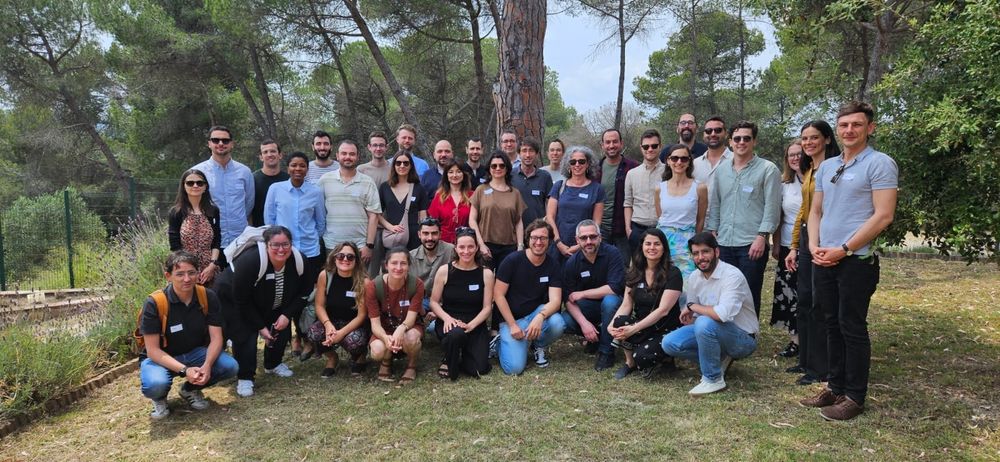Sven Hegewald
@svenhegewald.bsky.social
1.3K followers
460 following
33 posts
Postdoc in Political Science, ETH Zurich | Political behavior; European politics; Political geography
Posts
Media
Videos
Starter Packs
Sven Hegewald
@svenhegewald.bsky.social
· Feb 19
Sven Hegewald
@svenhegewald.bsky.social
· Nov 20
Sven Hegewald
@svenhegewald.bsky.social
· Nov 19
Sven Hegewald
@svenhegewald.bsky.social
· Jan 24
Sven Hegewald
@svenhegewald.bsky.social
· Jan 22
https://ejpr.onlinelibrary.wiley.com/doi/10.1111/1475-6765.12654
Wiley Online Library requires cookies for authentication and use of other site features; therefore, cookies must be enabled to browse the site. Detailed information on how Wiley uses cookies can be fo...
ejpr.onlinelibrary.wiley.com
Sven Hegewald
@svenhegewald.bsky.social
· Dec 18
Sven Hegewald
@svenhegewald.bsky.social
· Dec 18
Sven Hegewald
@svenhegewald.bsky.social
· Dec 18











